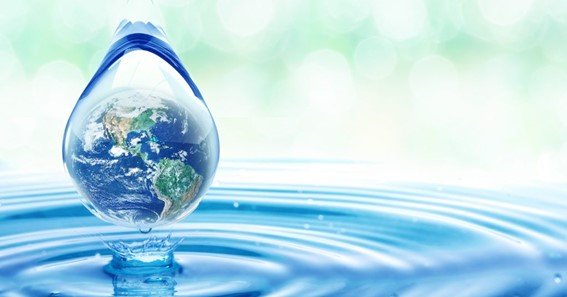Water conservation in urban areas is becoming increasingly crucial as cities face growing challenges with water scarcity and rising demand. Urban households and communities must adopt sustainable practices to ensure the efficient use and management of water. This article explores practical steps, the importance of conservation, and innovative methods for managing water resources in cities.
Why Is Water Conservation in Urban Areas Important?
The importance of water conservation in cities lies in maintaining a balance between supply and demand. Rapid urbanization and population growth strain water resources, making conservation essential for sustainable development. Effective practices ensure water availability, reduce costs, and protect the environment.
Practical Water-Saving Techniques for Urban Households
Here are some actionable water-saving techniques for urban households to start conserving water today:
- Fix Leaks Quickly
Repairing leaking faucets and pipes can save hundreds of liters of water annually. - Install Low-Flow Fixtures
Use water-saving faucets, showerheads, and dual-flush toilets to reduce water consumption. - Rainwater Harvesting in Cities
Collect and store rainwater for non-drinking purposes like gardening, cleaning, or flushing. - Use Smart Appliances
Smart washing machines and dishwashers optimize water usage, contributing to efficient water use in urban communities. - Recycle Greywater
Reuse water from sinks and showers for irrigation or cleaning purposes.
Sustainable Water Management in Urban Areas
- Urban Water Conservation Methods
Techniques like installing rain gardens, permeable pavements, and green roofs help manage stormwater effectively while replenishing groundwater. - Reducing Water Wastage in Cities
Implement community-level campaigns to raise awareness about turning off taps, avoiding overwatering plants, and using water efficiently. - Eco-Friendly Water Solutions for Cities
Encourage the use of biodegradable cleaning products to reduce water pollution and support sustainability. - Smart Water Management Technologies
IoT-based water meters and leak detection systems enable real-time monitoring and minimize wastage. - Urban Water Sustainability Practices
Incorporate policies promoting water recycling and incentives for conservation efforts across industries and households.
FAQ
1. Why is water conservation in urban areas important?
Water conservation in cities ensures a sustainable water supply, reduces utility costs, and protects the environment from overexploitation.
2. What are some effective water-saving techniques for urban households?
Techniques include fixing leaks, installing low-flow fixtures, practicing rainwater harvesting, and using smart appliances.
3. How does rainwater harvesting benefit cities?
Rainwater harvesting reduces reliance on municipal water systems, prevents urban flooding, and provides a sustainable water source for non-potable uses.
4. What is the role of smart water management technologies?
Smart technologies help monitor water usage, detect leaks, and optimize distribution systems, making water management more efficient.
5. How can communities promote urban water conservation methods?
Communities can conduct awareness campaigns, establish water recycling programs, and adopt green infrastructure to encourage conservation.










